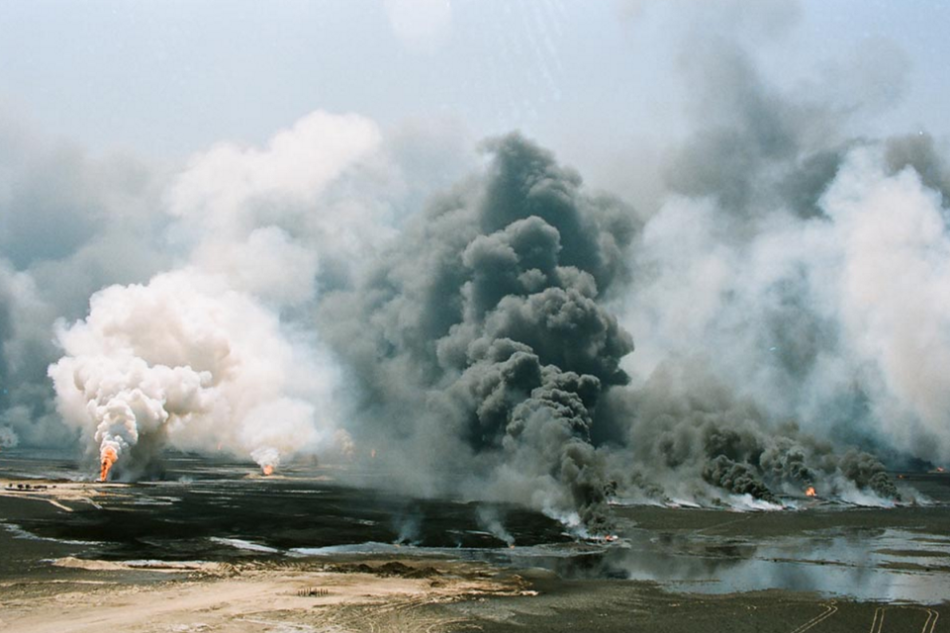We often speak about the desire to bring peace to our troubled world, praying and working for an end to the numerous global conflicts and wars. We, also, talk about the earth crisis and what we, as individuals and world governments, can do to reduce carbon emissions and the numerous other harms to the environment. But, how often do we (in the general sense) take into account, or are even conscious of, the destructive ecological impacts of such wars and conflicts? What’s been happening in Ukraine and, especially Gaza, has really brought home to me this aspect of the earth crisis, as well as to the human suffering, on all sides.
Consider these environmental impacts. Militaries, even in peace time, have a massive carbon footprint as they consume enormous amounts of fossil fuels, and other natural resources, which contribute directly to global warming, in the manufacturing of weapons as well as in their deployment. Bombings and other methods of modern warfare directly harm wildlife and biodiversity. In Ukraine, important nature reserves and forests have been greatly affected. The effect on nature often seems to get underreported to me. Pollution from war contaminates bodies of water, soil, and air, making areas unsafe for people and wildlife to inhabit. Then consider the resources needed in the necessary rebuilding of destroyed infrastructure, with the consequent production of even more carbon emissions.
WCCM’s international centre is Bonnevaux: Centre for Peace. So, when praying and working for peace, we can be mindful not only of the obvious humanitarian suffering but, also, of the massive environmental cost of global conflicts and wars. Peace would not just alleviate direct human suffering but, also, reduce harm to the whole ecosystem. There can be no climate justice without peace. I feel rather embarrassed to admit that it’s only this year that I’ve been truly conscious of this aspect of the ecological crisis. Also, this isn’t about the right and wrongs of various armed conflicts and wars, or whether or not to take up arms in defence of an invaded country. It is just about being mindful of the devastating environmental impact of war.
Sarah Feeney
Special Interest Coordinator for the Environment
